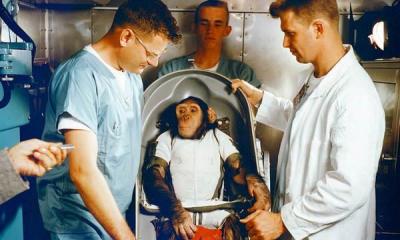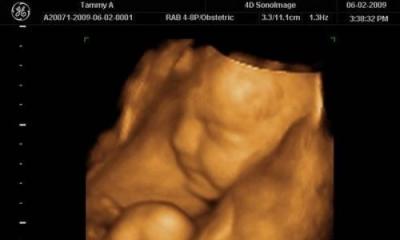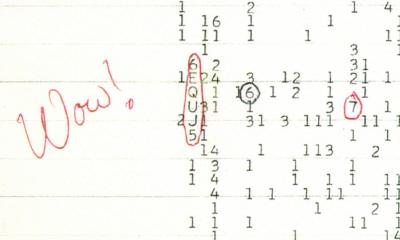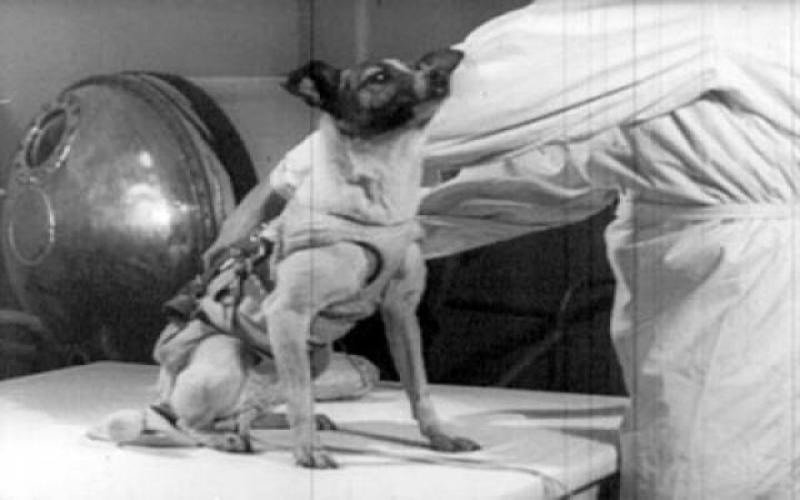The answer to the question of whether it is possible to drink alcohol after anesthesia of the tooth depends on the patient's condition, the type of operation performed and the period of time that has elapsed after using the painkiller. In most cases, it is not recommended to drink alcohol until the anesthesia is removed from the body and the tissues heal. Violation of the prohibition is fraught with the appearance of unpredictable reactions and infection of wounds.

Alcoholic drinks are a poison that affects the nervous system. Since the central nervous system regulates all life processes, it is impossible to predict the effects of alcohol when combined with anesthesia. The range of possible reactions of the body is quite wide. The most common is the development of allergies. The occurrence of complications from the immune system is possible even in cases where the body normally perceives anesthesia of the tooth and alcohol separately.
Alcoholic beverages affect blood clotting. At the same time, the circulation of fluids is accelerated. Drinking alcohol can cause severe bleeding.
Alcohol interferes with wound healing and dries out damaged tissues. This can lead to infection. The greatest danger is beer, because it contains impurities, incl. bacteria.
When using an anesthetic in dentistry, you should not drink alcohol, because. both alcohol and substances used in dental anesthesia are neutralized by the liver. It breaks down toxins. With the simultaneous use of 2 types of poisons, their processing slows down, which is why some of the harmful substances enter the bloodstream. As a result, alcohol intoxication occurs faster and is more difficult to tolerate. The load on the liver increases, which can lead to an exacerbation in the presence of chronic diseases.
What is the danger of drinking alcohol after anesthesia
Alcohol after dental anesthesia can cause the following side effects:
- Painful shock. Alcoholic drinks weaken the effect of freezing. If the operation was performed recently, the patient will begin to feel pain.
- Slow tissue healing. Alcohol burns, dries and irritates the edges of wounds, and also prevents the formation of a film. Since the oral cavity contains a large number of pathogens, it is fraught with infection. The likelihood of infection increases the occurrence of vomiting after the use of anesthesia or as a result of alcohol intoxication.
- Allergic reactions. Most often, spots and rashes are found on the skin, but there is a chance of swelling of the tissues of the respiratory system.
- Increased exposure to toxins in the body. Drinking alcohol after anesthesia weakens all organs. Since the liver cannot cope with the load, decay products enter the bloodstream. This can lead to unpredictable reactions from any system.
The effect of alcohol on the body depends on the type of intervention and the time elapsed since the operation. After tooth extraction, it is safe to drink alcohol only after 5-7 days. Even after the withdrawal of the painkiller, alcohol can cause side effects associated with injury to the damaged area. After the implant is installed, the period is determined by the doctor, since alcohol increases the chance of rejection of the material. After dental treatment, it is not allowed to drink alcohol for 1-3 days.
It is possible to increase the negative effects of arsenic while taking alcohol. Normally, the dose of the drug is not large enough to cause side effects. However, alcohol weakens the body and speeds up blood circulation, which makes the poison work better. This can lead to headaches, abdominal discomfort, nausea, etc.

To the question of whether it is possible to drink alcohol or drink alcohol before anesthesia of the tooth, the answer will be negative. This is due to an increased risk of bleeding during treatment and unpredictable exposure to substances. There is also a chance of allergic reactions.
Due to the accelerated circulation, blood loss during surgery can be profuse. It is difficult to achieve stabilization after drinking alcohol, because a number of side effects have to be taken into account: a change in the level of blood viscosity, fluctuations in blood pressure, etc. The drugs make the liquid thicker, which can lead to complications from the cardiovascular system.
The effectiveness of anesthesia with anesthesia of the tooth after drinking alcohol can both decrease and increase, since anesthesia with improved blood circulation penetrates the surrounding tissues faster. There is a risk of paralysis of mimic muscles. Mobility will return after the complete withdrawal of painkillers. Improving the effect of anesthesia is associated with an increase in the load on the liver and the slow processing of toxins.
It is necessary to warn the doctor in advance if the patient has an addiction. Long-term use of alcoholic beverages leads to impaired sensitivity to certain substances due to more efficient liver function. As a result, anesthesia may be less effective. In such cases, the specialist will increase the dose of painkillers to avoid pain shock. This can lead to side effects from the cardiovascular, central nervous and respiratory systems.
The occurrence of allergic reactions can complicate the course of the operation. Alcohol weakens the effect of a number of medications, so it becomes more difficult to normalize the patient's condition. If a person came to dentistry in a state of intoxication, the doctor has the right to refuse him due to the presence of an increased risk to health and for ethical reasons.
The negative effect of alcohol is weakened if the intake is carried out long before the operation. In most cases, it is not allowed to drink alcohol only 1 day before visiting the clinic, however, at the discretion of the specialist, this period can be extended. If the patient has previously been on a binge or has an addiction, the duration of abstinence increases to 5-7 days.








